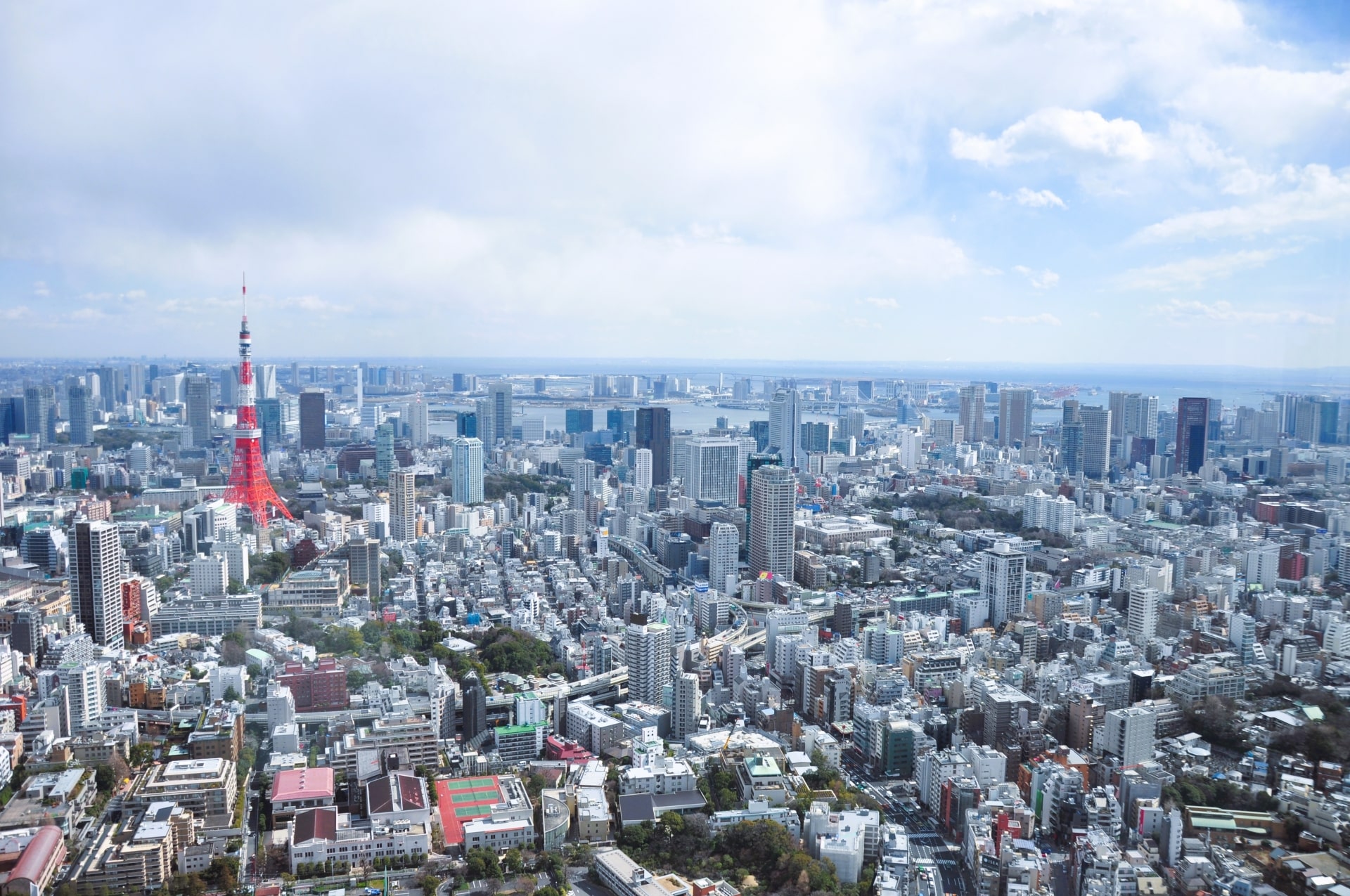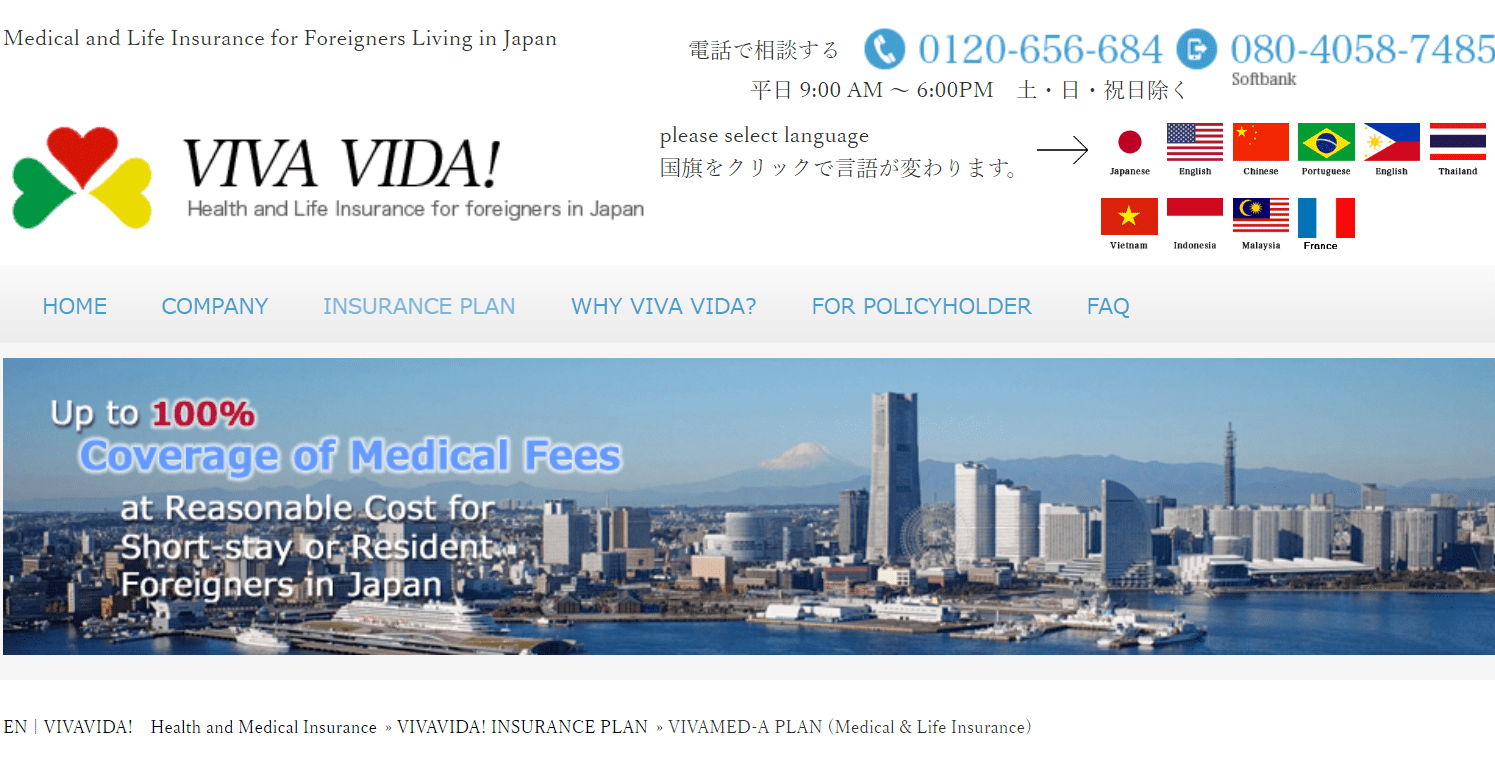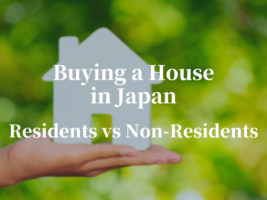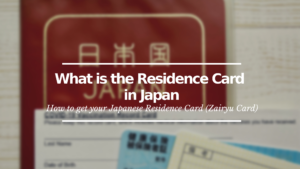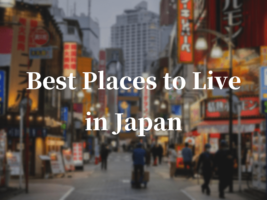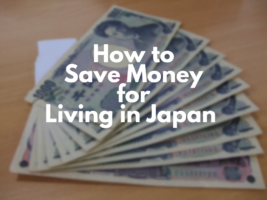Differences between public and private medical Insurance in Japan

One thing you should know before moving to Japan for living is that you are required to get health insurance. This applies for anyone who will be living in Japan for over 3 months.
The word “health insurance” might intimidate some people who are not used to this concept, but it is actually not that complicated if you know the basic points. Where it can get a little complicated is if you are planning to live for an extended period of time in Japan, and you would like to also enroll in private medical insurance.
In this article, I will explain a little about the overview of insurance for foreign nationals in Japan as well as introduce to you medical insurance in Japan. I will also cover some of the differences between private and public medical insurance. Get to know the options you have when it comes to medical insurance in Japan.
Overview of insurance for foreign nationals in Japan
Before we go into the details of each insurance type, let me briefly show you the overview of insurance for foreigners in Japan. The following are results from a survey made by the company “Survey Research Center Co., Ltd.” to 1,000 foreign nationals in May 2022.
When it comes to public insurance, 95.9% declared that they are enrolled in public medical insurance.
When it comes to private insurance, regardless of the type of insurance, only 53.3% are enrolled in some type of private insurance. Out of that 53.3%, 32.3% are enrolled in private health insurance.
▽More details about insurance options in Japan!▽
Public Medical Insurance
It is stated in Japan’s constitution that all citizens have a right to health and that it is the state’s responsibility to ensure this right can be realized. One of the ways this is ensured is by providing universal coverage, which has been provided since 1961.
You should know that everyone (Japanese and non-Japanese) who lives in Japan or who is staying for over 3 months in Japan has to enroll in one of two public medical insurance options Japan offers. these options are National Health Insurance (NHI) and Employee Health Insurance (EHI). There is also health insurance for people 75 years and above, but in this article, I will mostly be covering the previous two types.
However, although enrollment is mandatory, there are actually no penalties if you don’t enroll. There are also some rare cases where this enrollment can be waived. But it is advised to enroll since it has a fair cost and coverage is great.
If you are enrolled in one of these health insurances, the Japanese government will cover about 70% of costs including medical appointments, medical tests, and medical prescriptions. This means you need to pay only the remaining 30%. This percentage can also vary depending on the patient’s income. This coverage amount is the same for both NHI and EHI.
Other benefits that these two insurances share include the following.
- High-cost medical care benefit system (高額療養費制度) allows the recipient to have a monthly cost limit. This cost limit varies depending on the recipient’s age and income.
- Direct Payment System for the Childbirth Lump-Sum Allowance (出産育児一時金) is a subsidiary payment from the country to help you give birth and raise your child.
- Long-Term Care Insurance (介護保険制度) supplies help to those people with a need for nursing care.
National Health Insurance
The National Health Insurance (国民健康保険), also known as simply “NHI”, is one of the public medical insurance options you have when living in Japan. This insurance is managed by the Prefectural government and the municipality.
People eligible for this insurance are the following.
- Those who are self-employed and their family members
- Those who work in agriculture
- Those unemployed
- Retired people under 75
- Foreign nationals who are staying longer than 3 months in Japan
The insurance premium will depend on your income from the year before as well as your age and the number of people in your household. The details of how this insurance premium is decided vary depending on the municipality.
Employee Health Insurance
Employee Health Insurance (社会保険), also known as simply “EHI”, is the other public medical insurance option you have when living in Japan. This insurance is managed by either the National Health Insurance Association (全国健康保険協会) or the corporate health insurance society where the recipient works at.
People eligible for this insurance are the following.
- Those who work full-time at a private company
- Those who work part-time at a private company (as long as they meet the requirements)
The insurance premium will depend on your average income from April to June, and this cost of EHI is split between employee and employer, making it more economical compared to NHI.
There are other attractive points that EHI has in comparison to NHI. First, EHI includes coverage for family members, which is something NHI doesn’t provide. Also, there is an allowance for maternity leave as well as compensation after the fourth day of missing work due to illness or a physical injury.
However, this program requires one year to come into effect. So, until that, you will need to enroll in the NHI.
Private Medical Insurance
Private medical insurance is managed by private insurance companies. As opposed to public medical insurance, private medical insurance is not mandatory. “If public medical insurance is mandatory in Japan, then why is there private medical insurance?”, you might ask.
Many people in Japan enroll in private medical insurance in order to cover some of the costs that patients are normally responsible for after public insurance is applied. Also, There are some things that public insurance doesn’t cover such as orthodontics and some types of advanced medical treatments. Another attractive point about private medical insurance is that once your insurance claim has been approved, you will receive the coverage amount in cash, which gives you more liberty in how you want to use that money.
Also important for foreign nationals living in Japan is English support. The fact that many hospitals and clinics don’t have enough English-speaking staff makes it difficult to communicate, even for someone who has learned Japanese for a while. Some private medical insurance companies offer help to connect with English-speaking medical personnel as well as other services such as providing interpreters.
The cost of these insurances can vary depending on the insurance company as well as your age and the coverage plan you choose. One thing to be careful about is that not everyone is eligible for private medical insurance. Depending on your state of health or your age, there’s a possibility that you can not enroll in certain insurances. This will vary on the insurance company, so be sure to check thoroughly beforehand.
The following is a private medical insurance company that offers services in English.
VIVAMED-A PLAN (Medical & Life Insurance)
VIVAMED-A PLAN offers both Medical & Life Insurance in one package. They offer two types of packages (with upgrades available); One for children (1 – 17 years old) and one for adults (18 – 55 years old).
Medical insurance covers up to 1.6 million yen for medical fees for illness and injury including hospitalization. And the life insurance plan covers up to 5 million yen for death due to an accident and up to 3 million yen for death due to illness.
▶Official Website: https://vivavida.net/en/plan/meda/
I hope you enjoyed this article. If you want more information about living in Japan, be sure to check out the following articles as well!
▽Related Articles▽
▼Editor’s Picks▼
Written by
Born and raised in Costa Rica, I started living in Tokyo from college. I love traveling within Japan & around the world. Since I wasn’t born in Japan, I know the cultural impact that you can get when visiting Japan for the first time and what you might be worried about before your trip. And I’ve lived long enough to somewhat understand the nuances of the Japanese culture that make this country such an attractive place to visit. Hopefully I can provide to you both the information you’re looking for and the information you didn’t know you needed to know.





